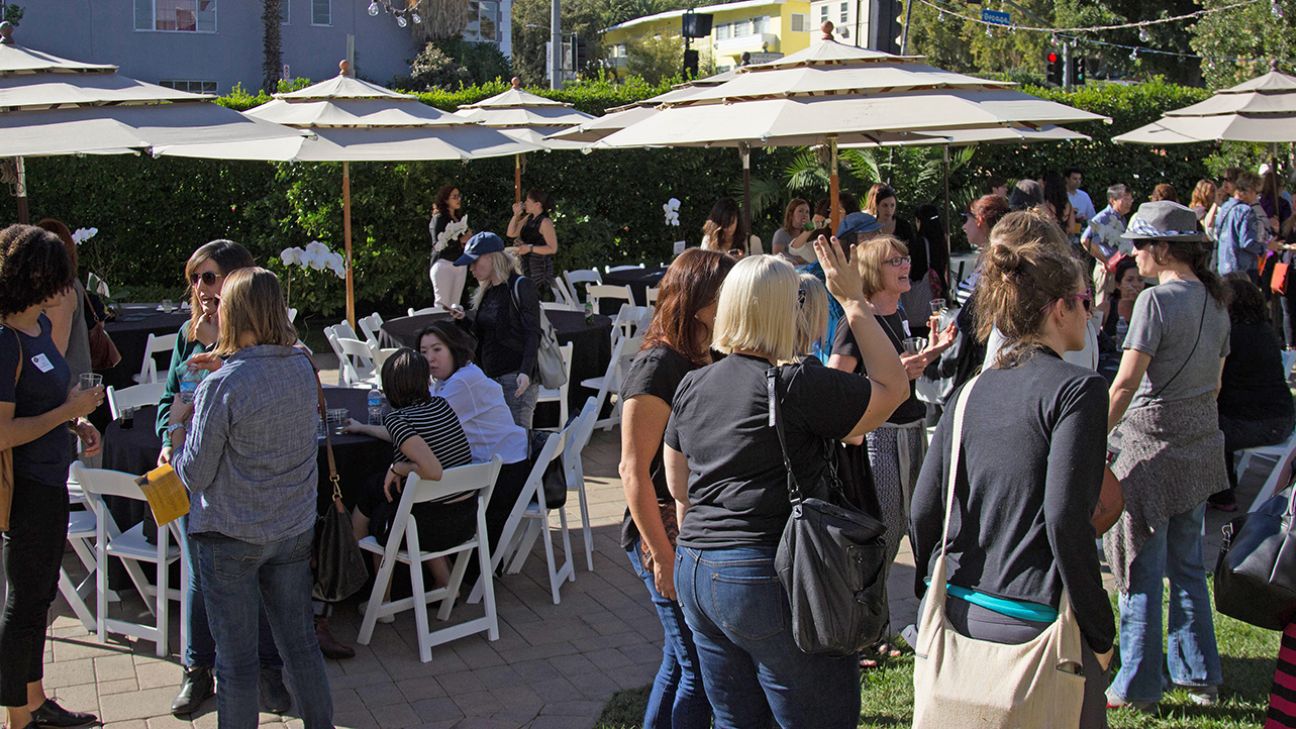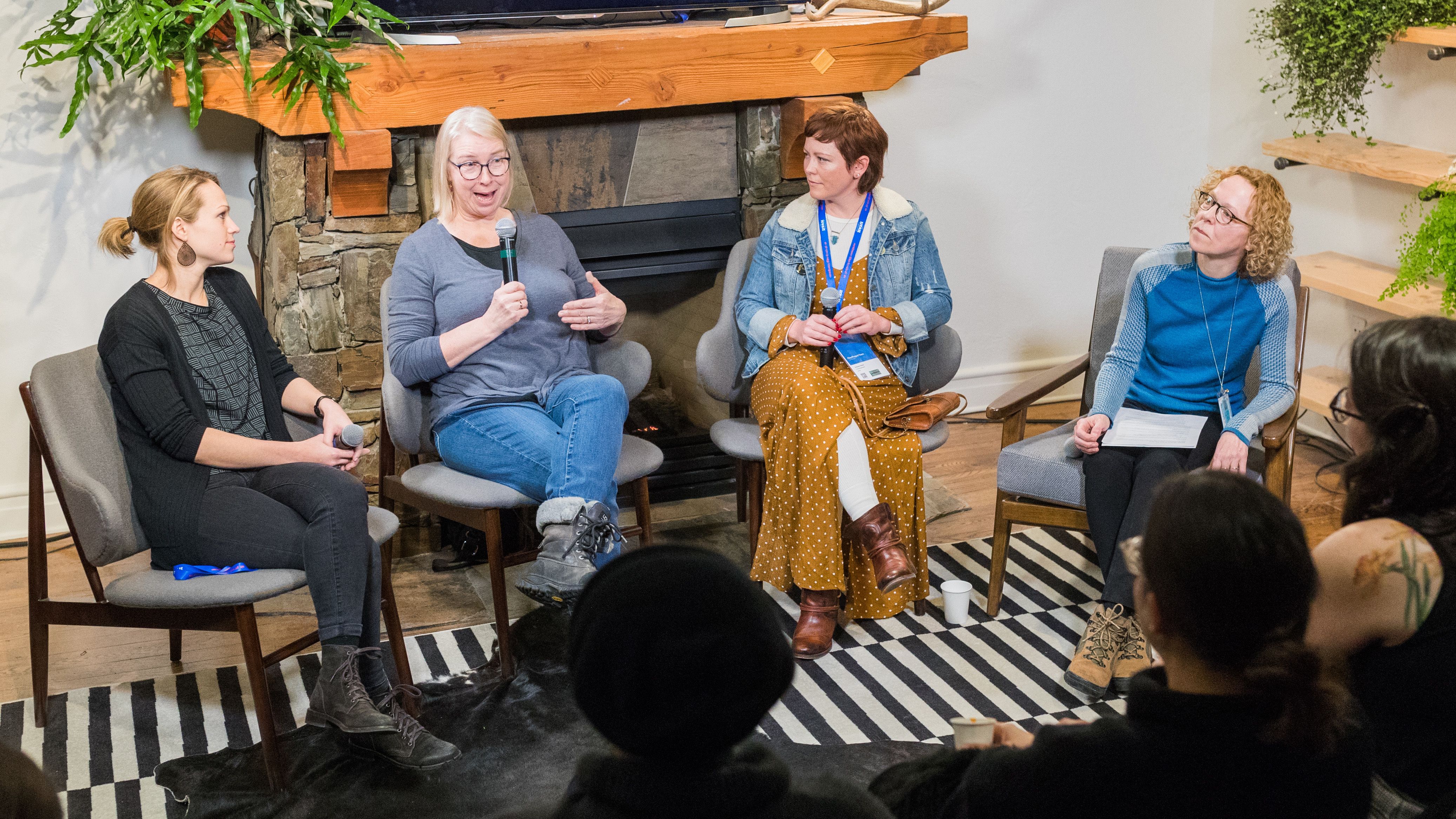ASC Vision Committee
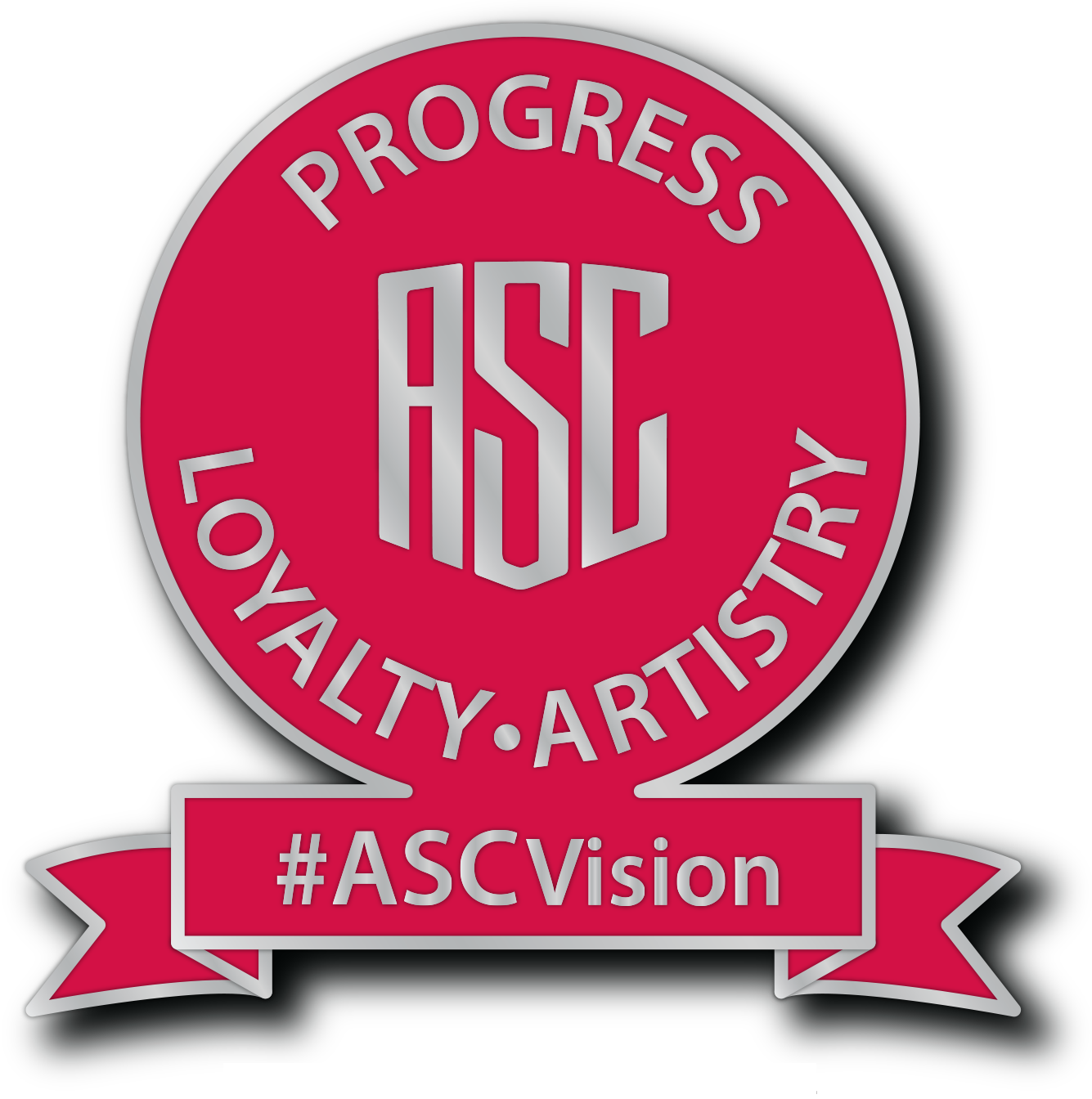
Working to encourage and support the advancement of underrepresented cinematographers, their crews and other filmmakers, and to inspire us all to enact positive changes through hiring talent that reflects society at large.
Dedicated to promoting and facilitating change, the “vision” of the ASC Vision Committee is to ensure cinematographers and their fellow filmmakers reflect the diverse population of the world at large, irrespective of gender, race, religion, economic status or orientation, as well as encourage advancement for the underrepresented. In that effort, the Vision Committee organizes inspirational events intermixed with networking opportunities, and has established formal mentorship and ASC Master Class scholarship programs.
“We as members of the ASC support a vision of the world where discrimination, harassment and abuse is no longer tolerated,” said former ASC president Kees van Oostrum. “It’s a state of mind — a vision for the future.”
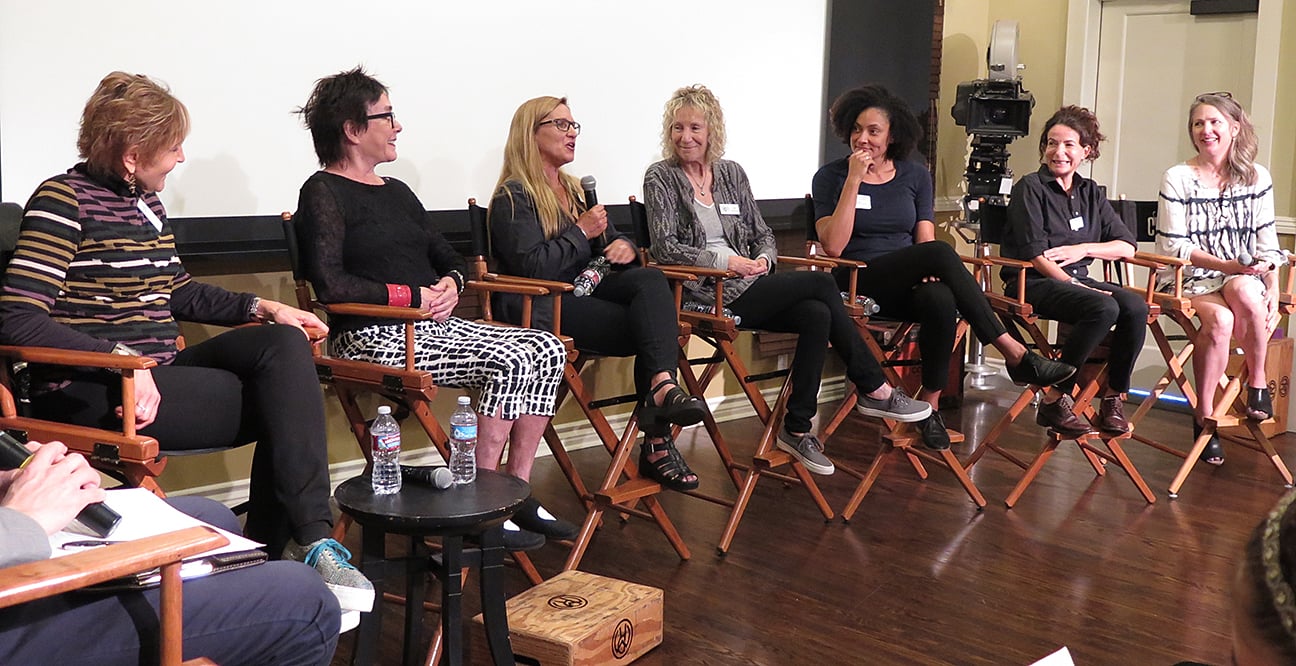
The ASC Vision committee was formed in January of 2016 with the mission to actively support those who face more hurdles in this industry as they build their careers.
The ASC feels that it is our responsibility to show leadership on these issues and take concrete steps towards reaching our goals.
Information on past ASC events:
• ASC Clubhouse “Day of Inspiration,” October 2016
• East Coast SVA “Day of Inspiration,” May 2017
• Sundance Film Festival “DP First: Women Who Shoot,” January 2018
• ASC Clubhouse “Changing the Face of the Industry,” April 2018
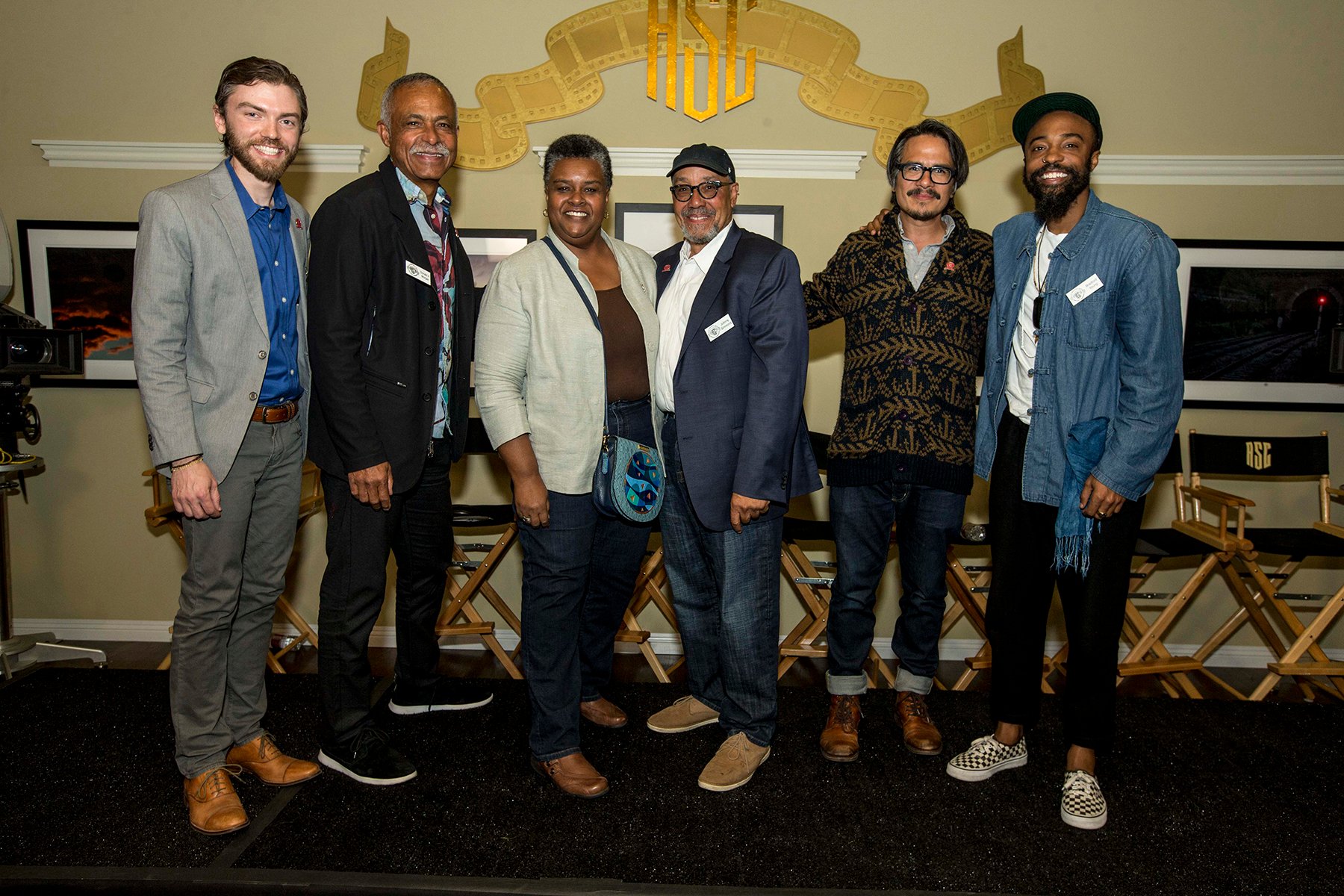
Future events will continue to push an agenda of more inclusivity on set and how cinematographers can be instruments for that change. These will include collaborations with other organizations, as exemplified by the “Crane Day” event held in March of 2019 at CineMoves in partnership with Women in Media:
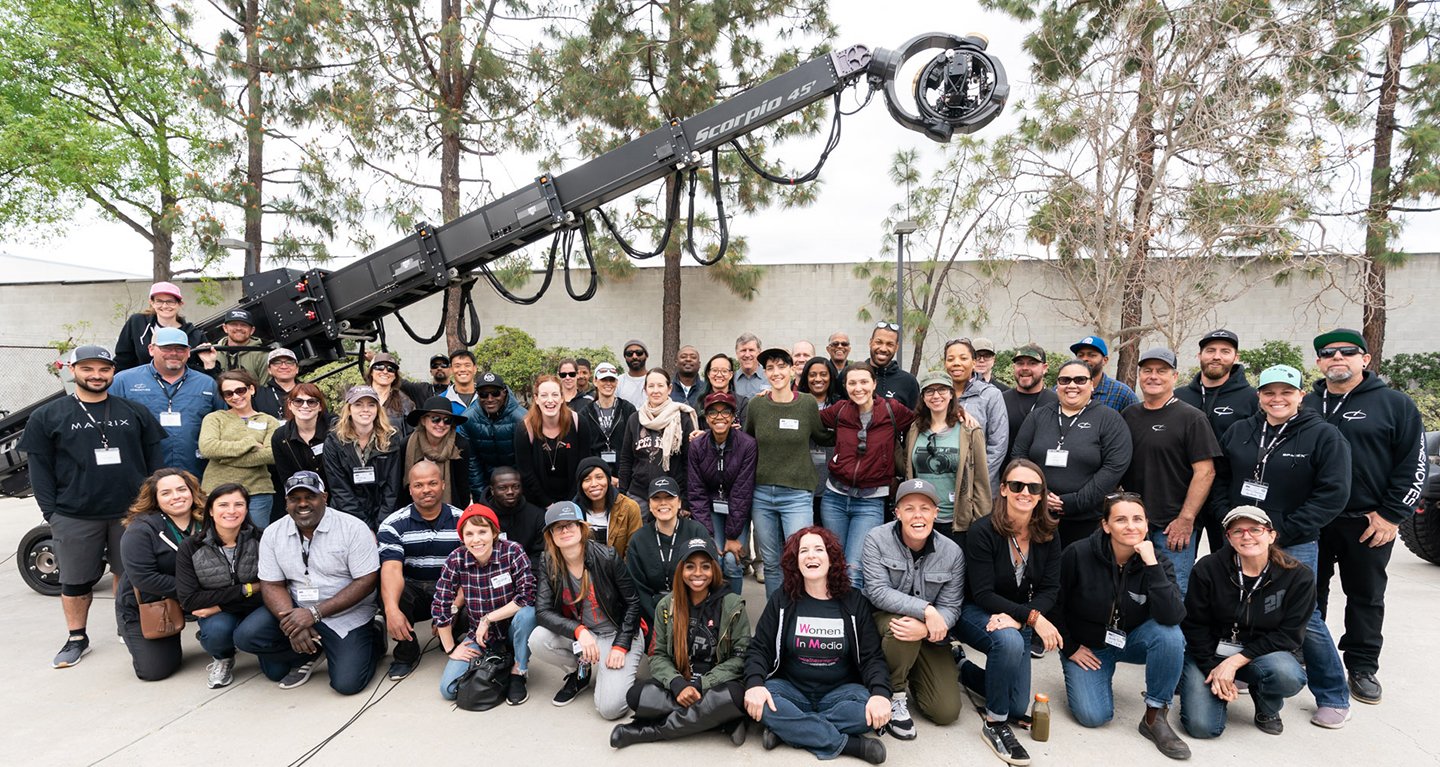
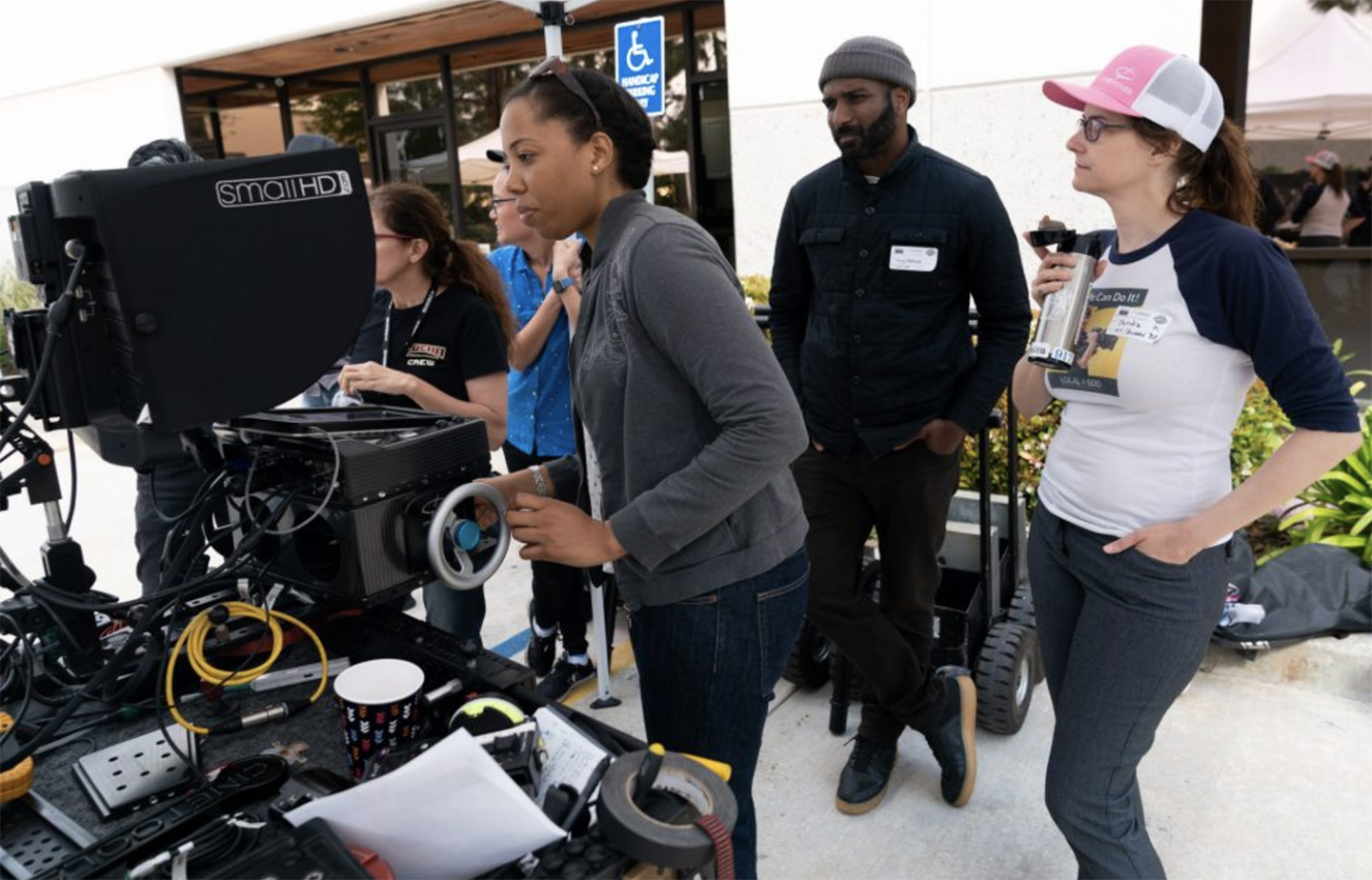
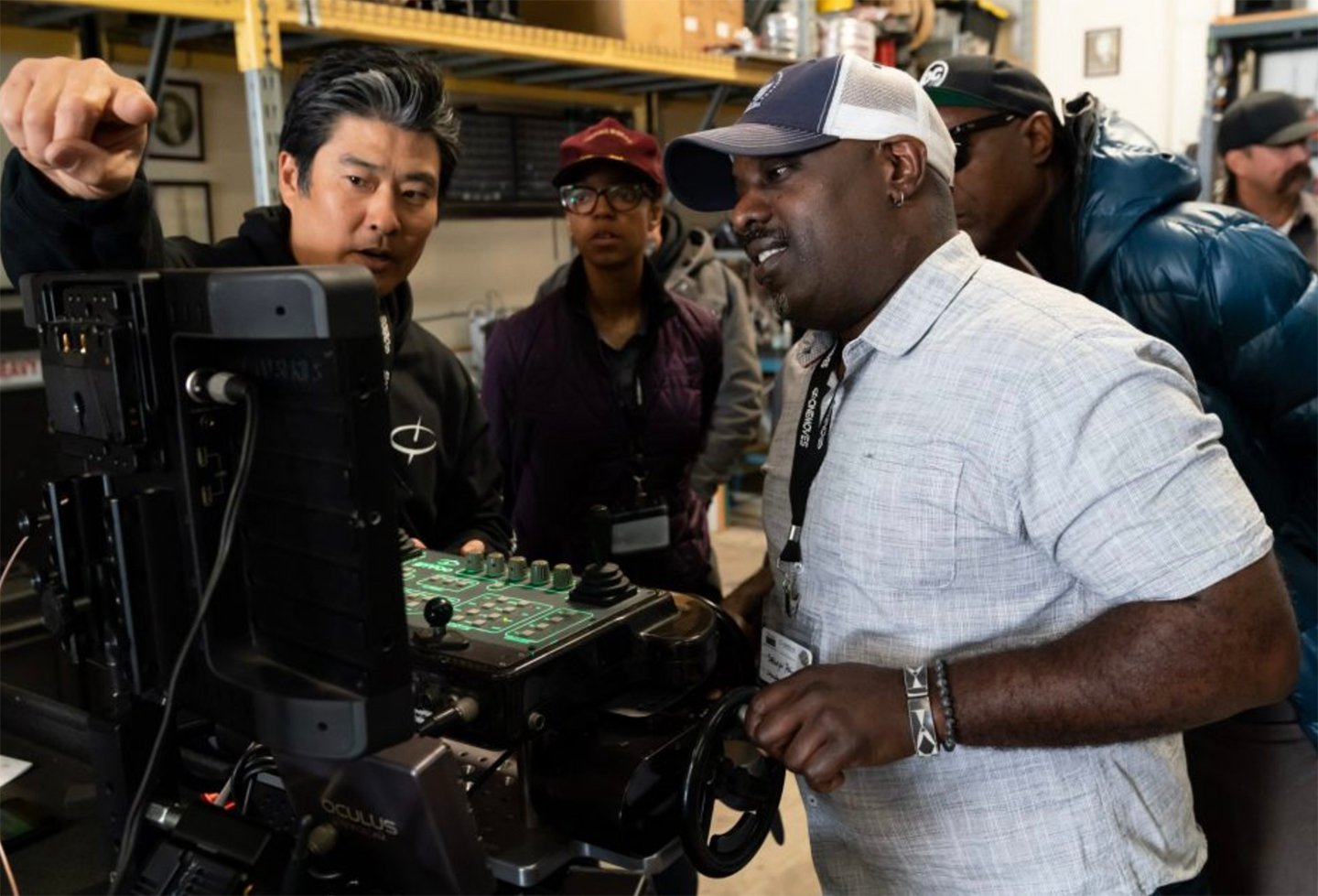
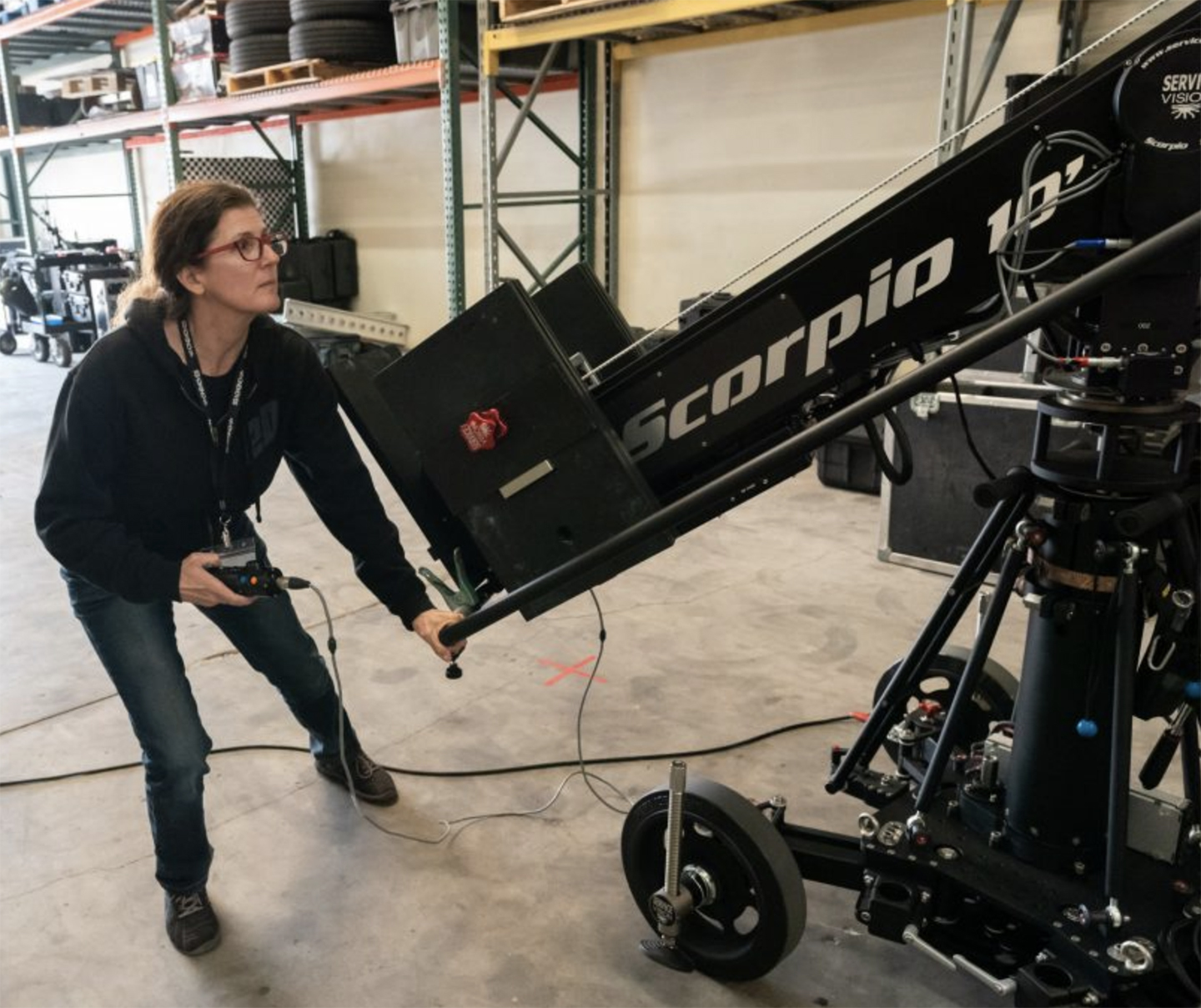
Along with building an active mentorship program, a number of scholarships to the ASC Master Class have been awarded over the last two years to cinematographers from underrepresented groups. More information about this mentorship program and its requirements, along with updates from our scholarship winners, will be published periodically.
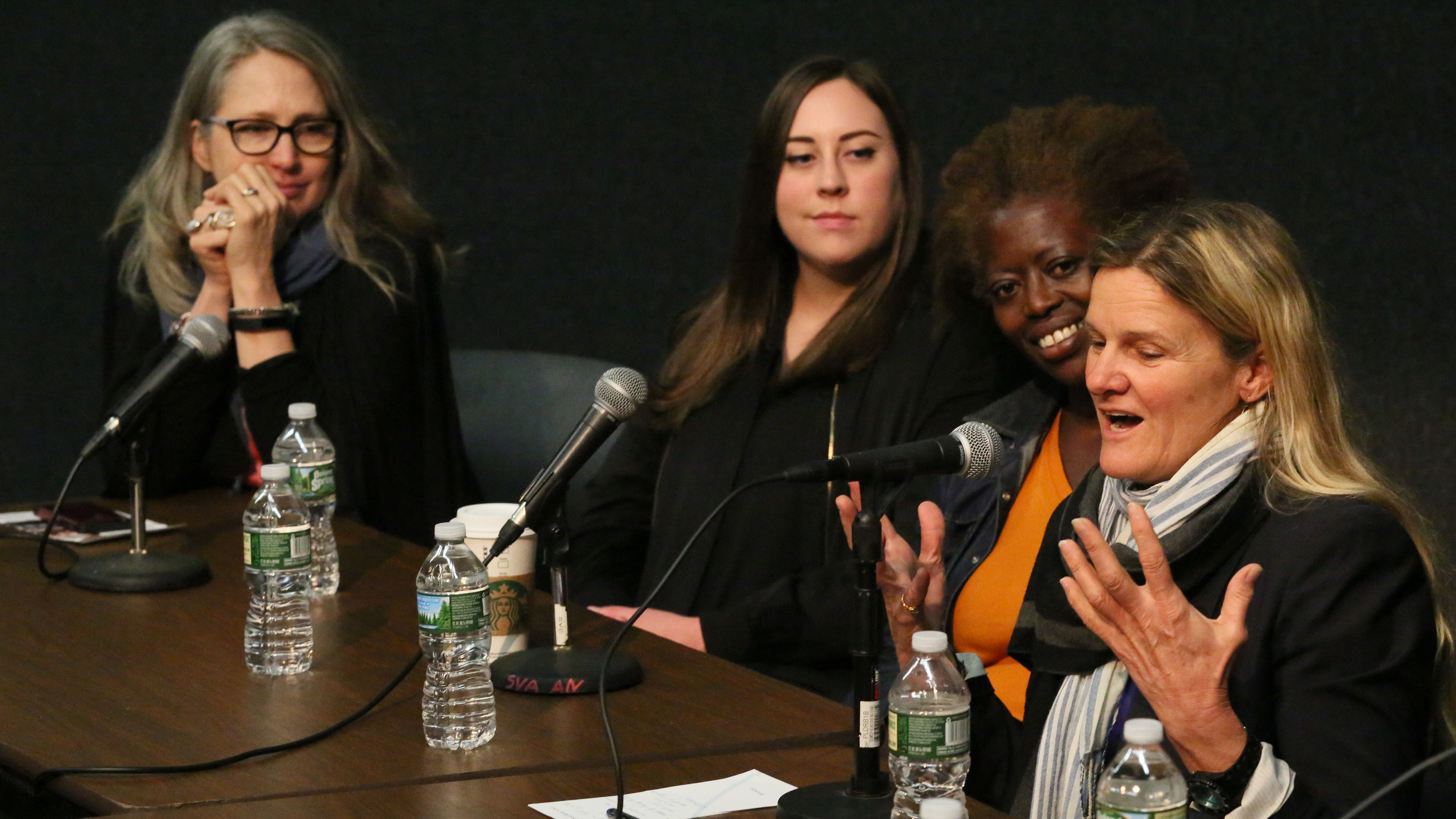
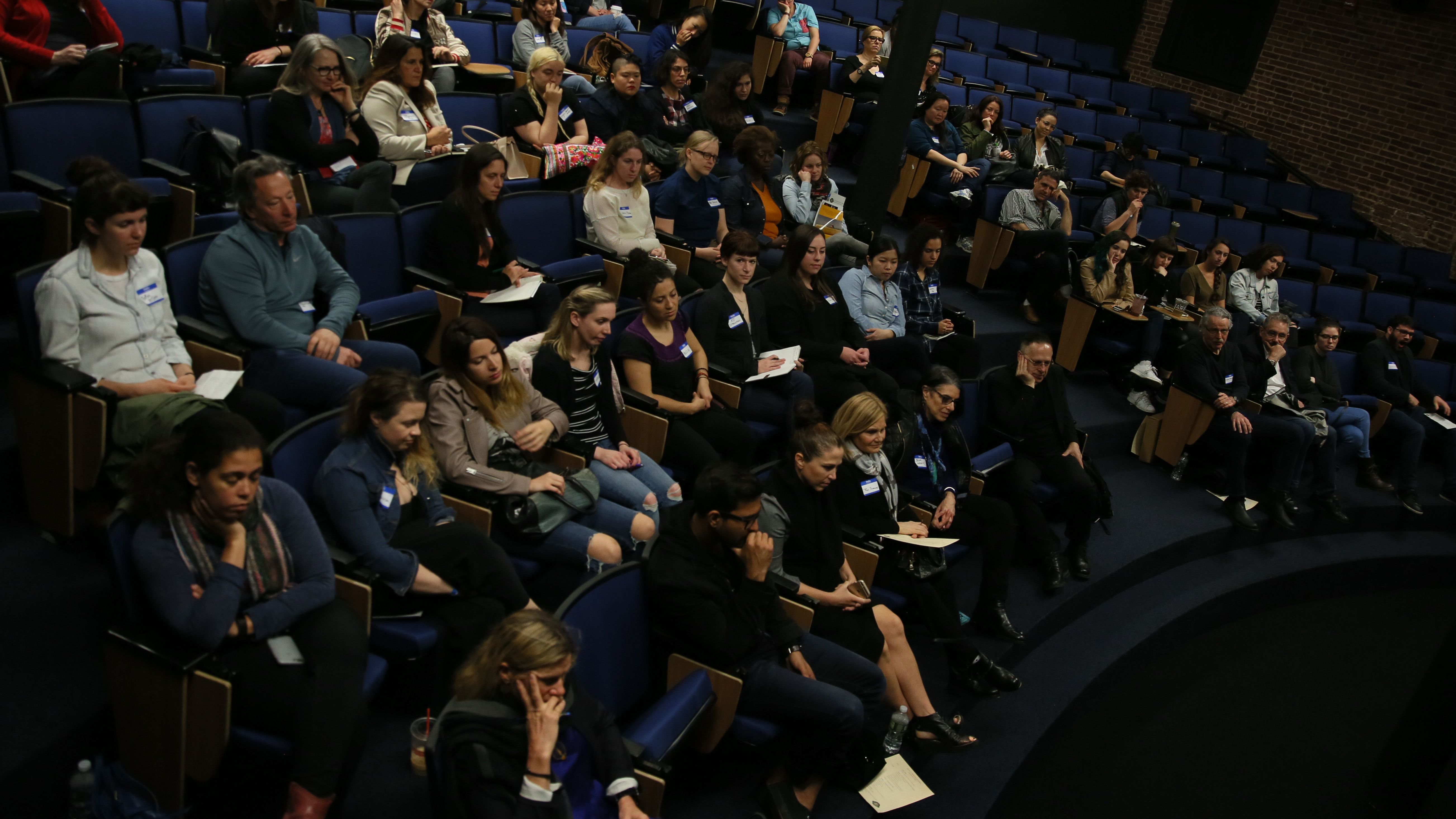
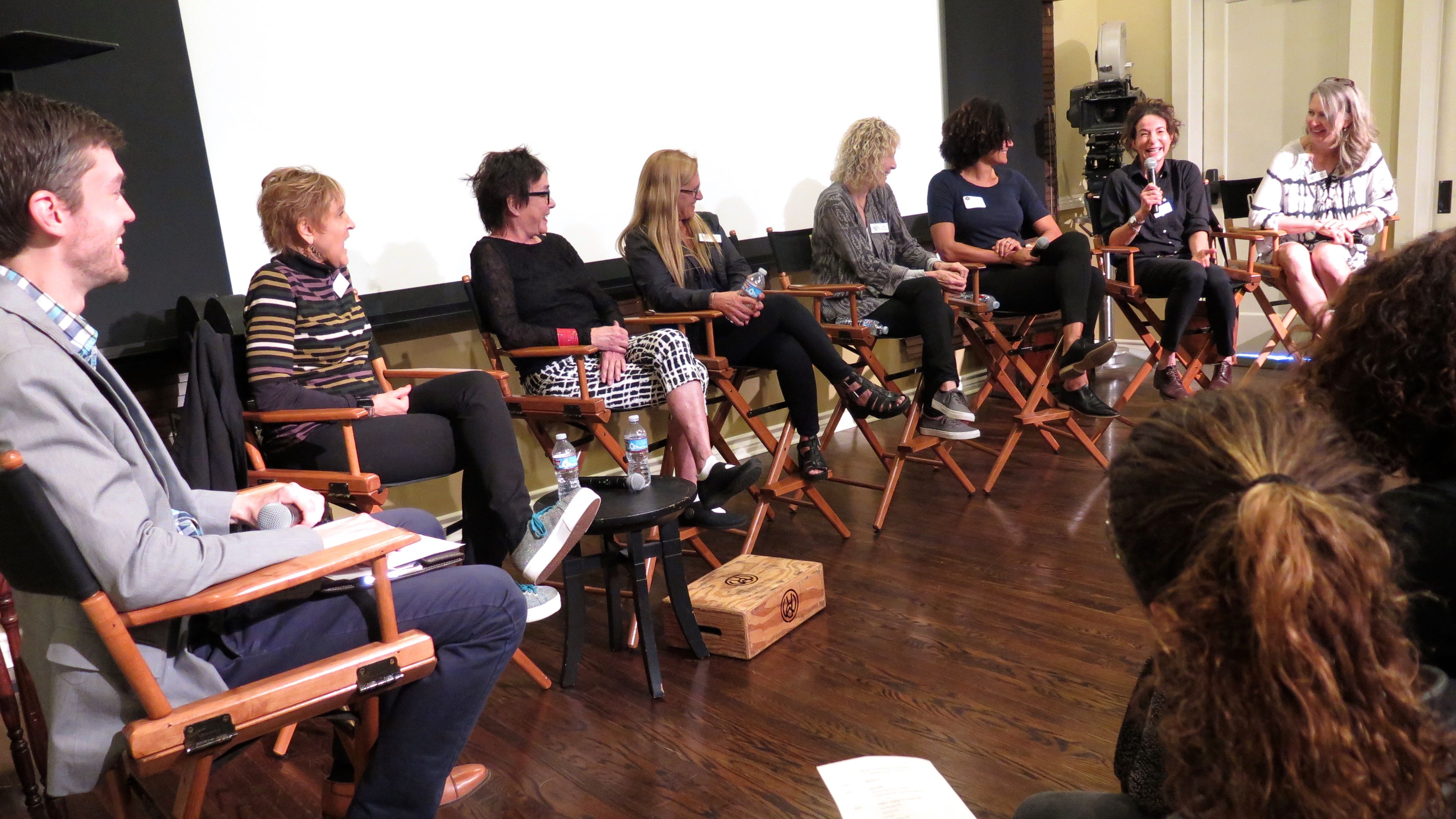
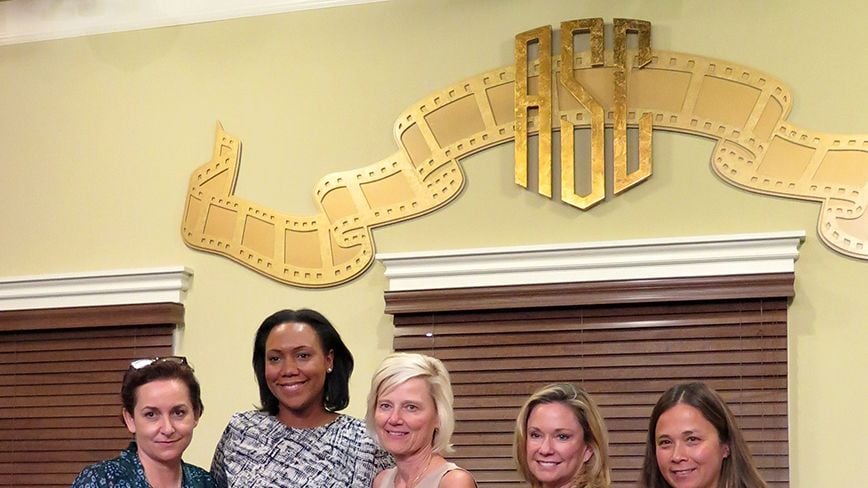
Of the many challenges faced by the underserved in our industry, three of the most pressing are:
• Overcoming years of conscious and unconscious gender, race, sexual orientation or other biases in regard to leadership or creative positions.
• Many crew members with worthy talents are stalled at entry- or mid-level positions and neither encouraged nor given the opportunities to move up the ranks, or move up to bigger budget productions.
• A lack of current representation within the industry creates additional barriers to overcome regarding relationship building and integration.
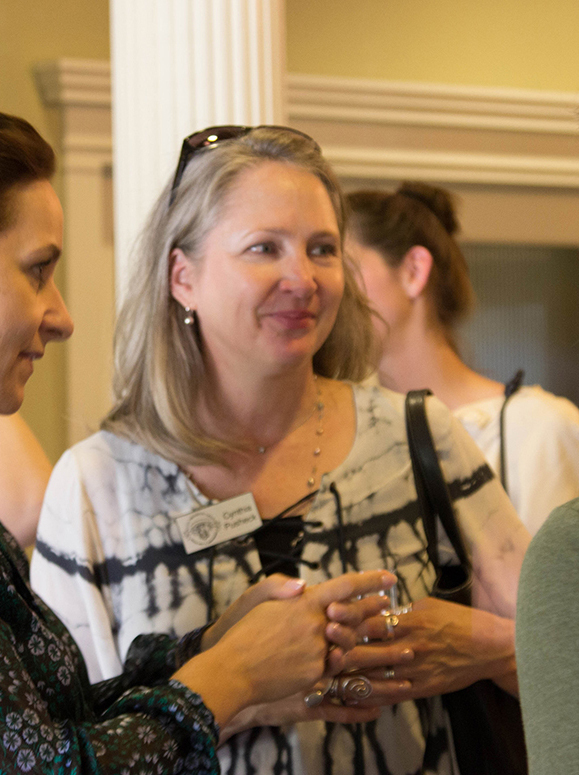
“Today there still aren’t enough women, or people of color, shooting TV shows or big-budget movies. But it is slowly changing,” says founding Vision Committee co-chair Cynthia Pusheck, ASC. “And a number of TV shows are really making the push to be more inclusive. For example, some producers and shows want to hire female DPs because of the subject matter, or because of female cast members. Or they’ve started pushing for more gender and race diversity throughout the crew because of studio mandates. And now we’re starting to see states like Illinois tie incentives into inclusive hiring. This is all very new!
“So, we have to increase the numbers moving up the ‘pipeline’ in order to take advantage of these changes. Film schools have been on the forefront of changing diversity numbers in the workforce. But there are many crew members who haven’t come out of film schools or who come from lower-income backgrounds. They need support and mentoring as well so that they’ll be well-trained and ready when opportunities arise for advancement.”
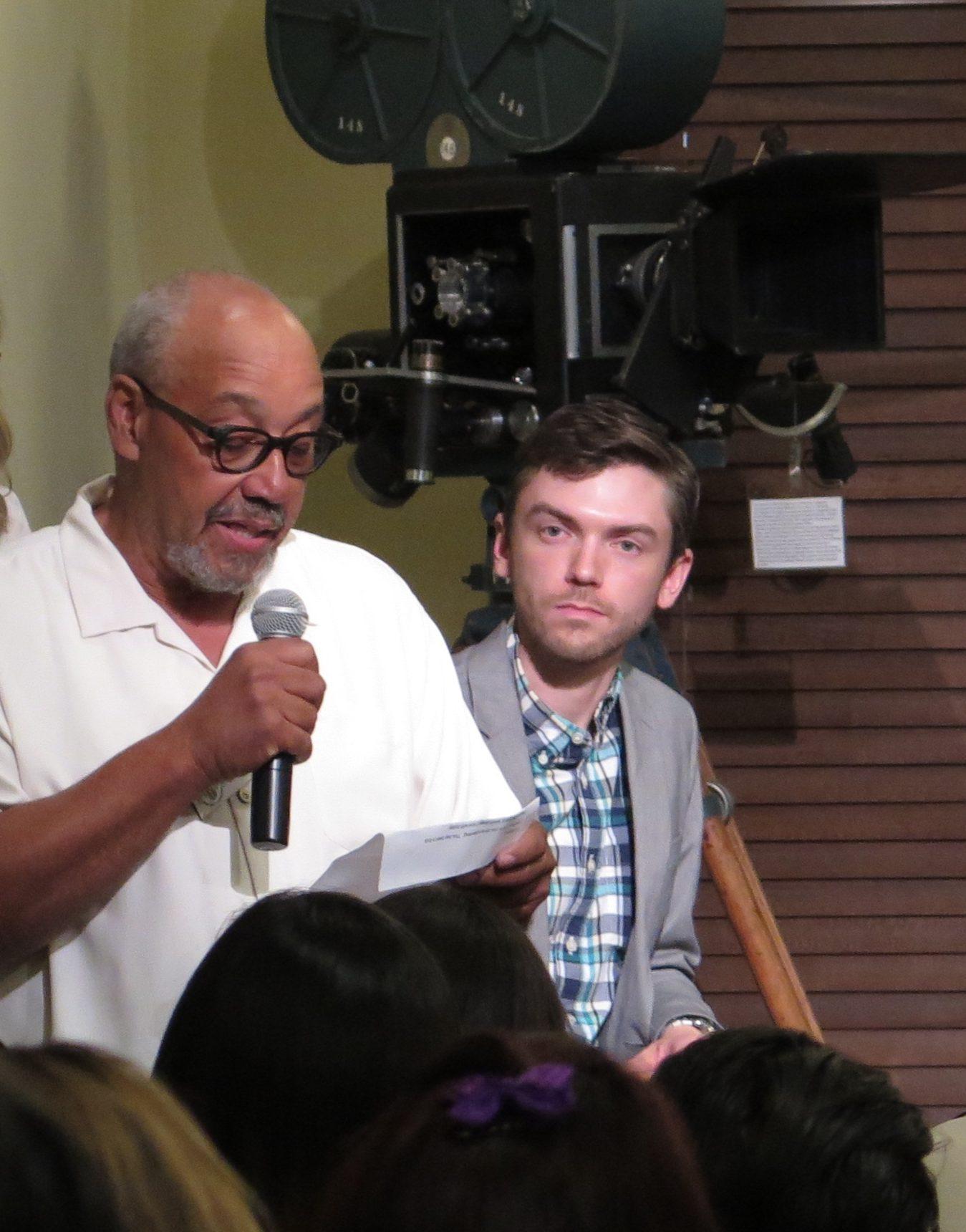
“As cinematographers who are aware of the problems that exist in this industry, we have to be able to set that aside and bring that woman camera operator in, that black operator, that camera assistant, that electrician,” says founding Vision Committee co-chair John Simmons, ASC. “And we have to bring them in with the awareness that they're welcoming someone into a family, our crew, that reflects society as a whole.
“The thing that is important to me in mixing up my crew is to create that environment where whoever walks into the stage where I’m working that they see the possibility of this being something they can do. As cinematographers, we can make that call.”
There is also the ASC’s goal of developing a more diverse membership while retaining high artistic standards, a process often stymied by a lack of real-world career opportunities for all.
This dilemma often precedes the ASC’s genuine reputation of inclusion.
“We’re an invitation-only organization,” says Simmons. “In order to be a member of the ASC, your work has to be of a certain standard, you have to be involved in the business for a certain amount of time, and it’s very difficult for people of color to acquire the résumé and volume of work that can be presented to the membership for consideration. I know a number of amazing cinematographers, male and female, black, of all nationalities, that are on their way up, that have wonderful work, but they haven’t had those opportunities. I was very fortunate in that I got to shoot a lot of stuff. I started pretty early and a lot of people trusted me. My career stands on the shoulders of people that wanted to make a change in our society and in the film industry.”
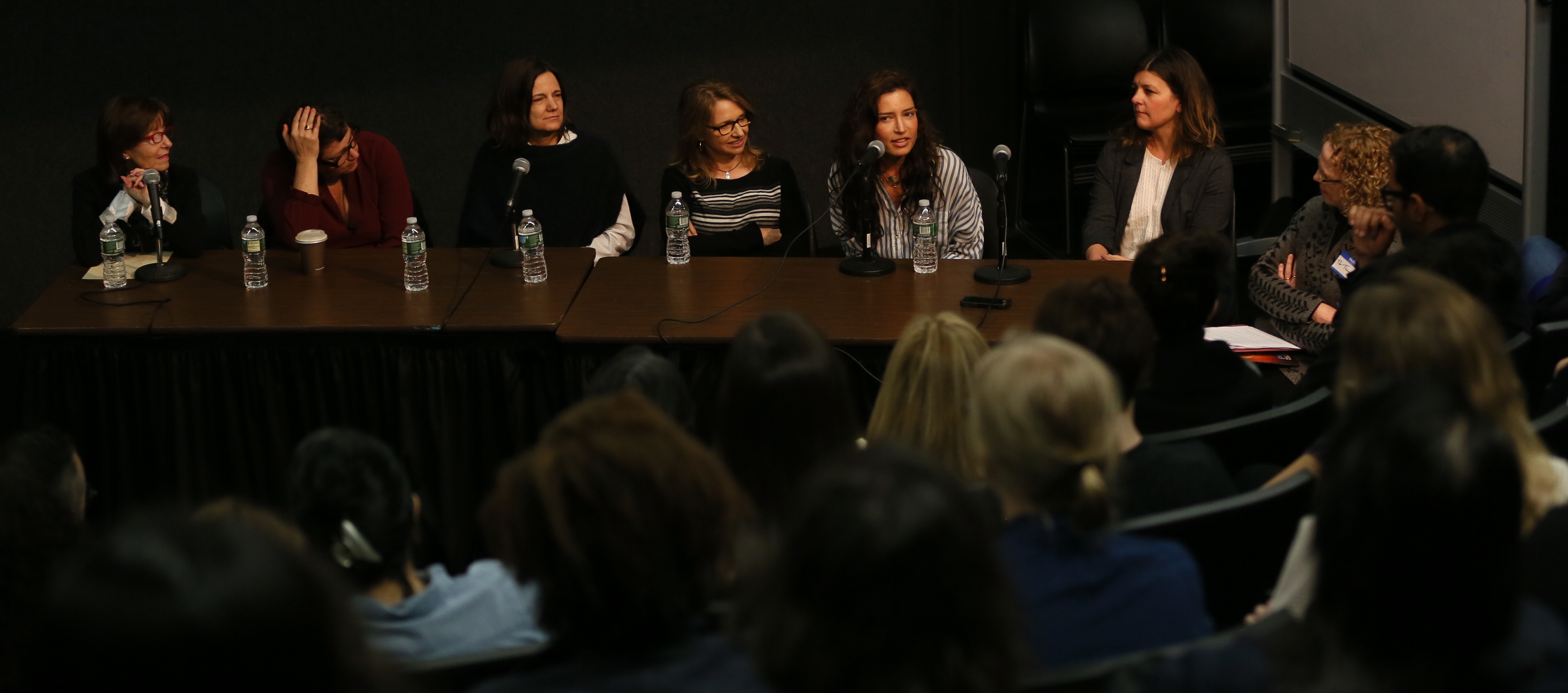
Regarding ASC member Rachel Morrison's nomination this year for her work on Mudbound, Pusheck says, “It’s so fantastic, and she did a great job! I’m really happy for her and for what this may mean for changing gender bias in cinematography. But it should also be embarrassing to the industry that this didn’t happen years ago!
“There are a lot of shoulders that Rachel, and all of us, are standing on — so many women who just didn’t get the same opportunities as their male counterparts. And it hurt their careers. I also know many women who either left the industry or shifted into different departments rather then continue to fight against the bias. But all those years of women fighting to get behind the camera broke down a lot of walls, and we’re really starting to see the benefits of that hard work.
“We can’t suddenly admit more women or people of color as ASC members. But we can do our part to work for change with the goal being a more inclusive film industry. That’s the mission statement of the Vision Committee.”
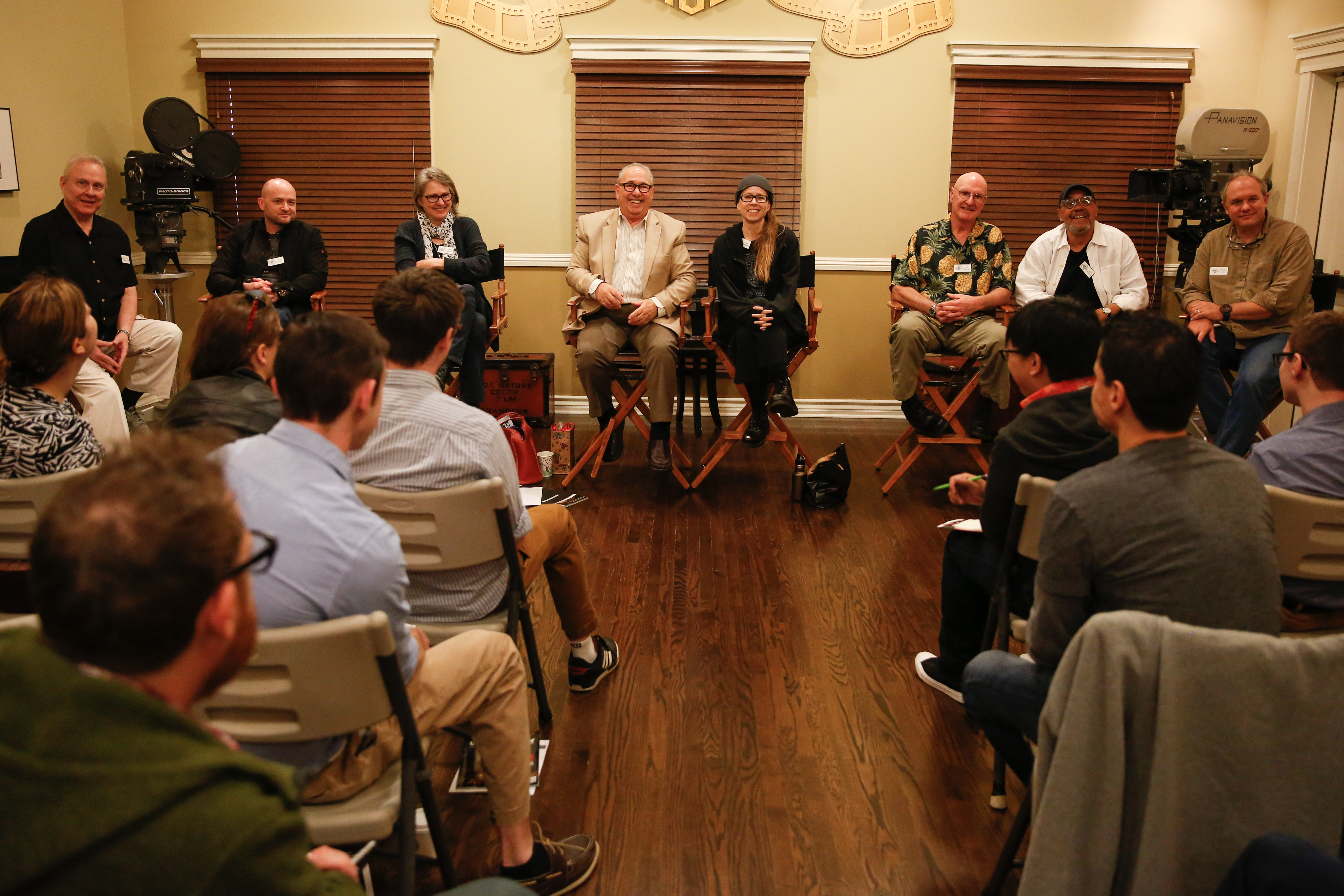
• Reach out and support underrepresented crew members and cinematographers as they move up the ranks and build their careers.
• Encourage cinematographers to hire with more thought to inclusivity, so that crews can start to reflect society at large.
Do this through networking and educational events such as the “Day of Inspiration” and the "Changing the Face of the Industry" held at the ASC Clubhouse and elsewhere.
• Work alongside the ASC Education Committee and other groups in the industry, to reach out to under-represented students and filmmakers.
• Give back by mentoring the next generation with a formal mentorship program.
• ASC Master Class Scholarships — awarded with consideration given to race, gender, financial need and talent.
The aim to give a helping hand to those who’ve had fewer opportunities or faced bias.
• Outreach within our own ASC membership so that the women, people of color, newer members or those based outside of Los Angeles can connect to committees and find opportunities to become involved with Society events.
